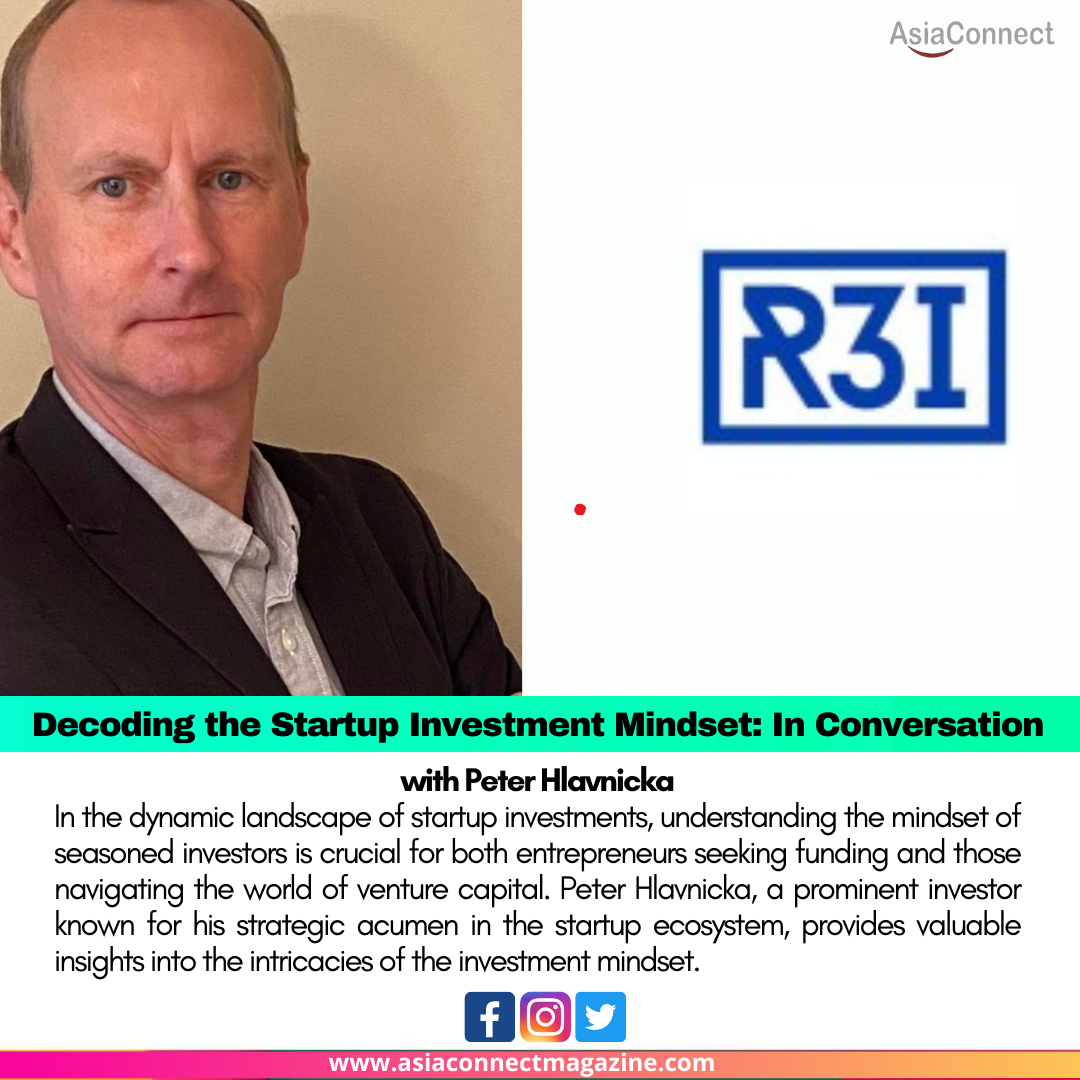In the dynamic landscape of startup investments, understanding the mindset of seasoned investors is crucial for both entrepreneurs seeking funding and those navigating the world of venture capital. Peter Hlavnicka, a prominent investor known for his strategic acumen in the startup ecosystem, provides valuable insights into the intricacies of the investment mindset.
As an entrepreneur turned investor, Hlavnicka’s journey is marked by a deep understanding of the challenges faced by startup founders. Having successfully built and exited his own ventures, he brings a unique perspective to the investment table.
**1. Strategic Vision and Alignment: According to Hlavnicka, a key aspect of the investment mindset is aligning with startups that share a strategic vision. “It’s not just about the product or service; it’s about the alignment of values, long-term goals, and the ability to execute the business plan,” he emphasizes. Successful investments, in his view, stem from a shared vision between the investor and the startup.
2. Risk Assessment and Mitigation: Startups inherently carry a level of risk, and experienced investors like Hlavnicka excel at assessing and mitigating these risks. “It’s about understanding the market, the competition, and the potential challenges the startup may face,” he explains. Mitigating risks involves a comprehensive evaluation of the business model, market dynamics, and the team’s ability to adapt to unforeseen circumstances.
3. Long-Term Relationship Building: Hlavnicka emphasizes the importance of building long-term relationships with the startups he invests in. “It’s not just about injecting capital; it’s about being a strategic partner,” he states. Successful investors actively contribute to the growth of the startups they support by providing mentorship, industry connections, and guidance throughout the entrepreneurial journey.
4. Embracing Innovation: The investment mindset, according to Hlavnicka, involves a keen appreciation for innovation. “Investors need to understand the industry trends, emerging technologies, and how the startup’s solution fits into the evolving landscape,” he says. Embracing innovation ensures that investments remain relevant and positioned for success in a rapidly changing market.
5. Adaptability and Learning: In the dynamic world of startups, adaptability is crucial. Hlavnicka stresses the importance of being open to learning and adapting strategies based on market feedback. “The ability to pivot when necessary and learn from both successes and failures is integral to the investment mindset,” he notes.
6. Impactful Social Responsibility: Hlavnicka believes that the best investments go beyond financial returns; they contribute positively to society. “Investors have a responsibility to support startups that are not only economically viable but also socially responsible,” he states. This perspective reflects a broader shift in the investment community towards impact-driven initiatives.
7. Continuous Evaluation and Evolution: The investment mindset is not static; it evolves with market trends and the ever-changing startup landscape. Hlavnicka highlights the importance of continuous evaluation of investment strategies and remaining agile in response to industry shifts. “Stagnation is the enemy of successful investment,” he asserts.
In conclusion, decoding the startup investment mindset involves a nuanced understanding of strategic vision, risk assessment, long-term relationship building, innovation, adaptability, and social responsibility. Peter Hlavnicka’s insights shed light on the multifaceted approach required to navigate the complex world of startup investments successfully. As startups and investors continue to shape the entrepreneurial landscape, embracing these principles can pave the way for mutually beneficial collaborations and sustainable growth.





